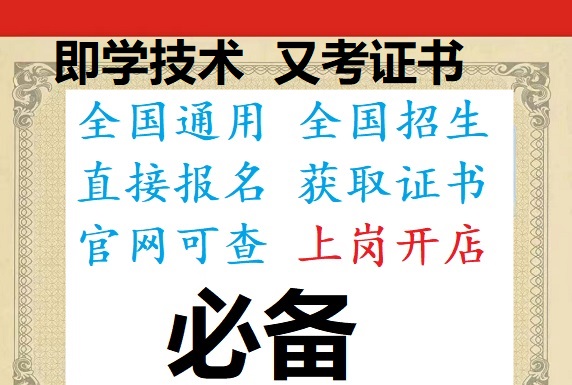
The scope of application for the qualification of Chinese medicine diagnosis and treatment therapist includes the following aspects:
1. Diagnosis and treatment of various diseases: Chinese medicine diagnosis and treatment therapists are qualified to diagnose and treat various diseases, such as respiratory diseases, cardiovascular diseases, digestive diseases, gynecological diseases, urinary tract diseases, skin diseases, and so on. They use Chinese medicine principles, techniques, and medications to help patients recover from their illnesses.
2. Acupuncture and moxibustion therapy: Chinese medicine diagnosis and treatment therapists are proficient in acupuncture and moxibustion therapy. They can apply this traditional Chinese medicine technique to treat various conditions, such as pain management, stress reduction, insomnia, fertility enhancement, and so on.
3. Herbal medicine preparation and administration: Chinese medicine diagnosis and treatment therapists are knowledgeable about the composition, processing, and dosage of herbal medicines used in traditional Chinese medicine. They can prepare herbal formulas based on individual patient needs and prescribe them for treatment.
4. Health promotion and disease prevention: Chinese medicine diagnosis and treatment therapists can provide preventive measures and health advice to promote overall well-being. They can suggest lifestyle adjustments, dietary modifications, and exercise programs to help patients maintain good health and prevent the onset of chronic diseases.
5. Patient education and communication: Chinese medicine diagnosis and treatment therapists must be able to effectively communicate with patients, explaining the principles of traditional Chinese medicine, the expected outcomes of treatments, and any potential side effects or risks associated with certain therapies. They should also educate patients on self-care practices and encourage them to participate in their own healing process.
6. Medical record keeping: Chinese medicine diagnosis and treatment therapists must adhere to strict standards of medical record-keeping. They must accurately document patient information, treatment plans, and progress reports to ensure that each patient receives the best possible care.
7. Compliance with legal and ethical guidelines: Chinese medicine diagnosis and treatment therapists must comply with relevant laws, regulations, and professional ethical standards when providing healthcare services. This includes maintaining confidentiality, respecting patient autonomy, and avoiding any actions that could harm the patient's health or well-being.
8. Teamwork and collaboration: In a healthcare setting, Chinese medicine diagnosis and treatment therapists often work closely with other healthcare professionals, such as nurses, pharmacists, and物理治疗师。 They must collaborate effectively with these colleagues to provide comprehensive care to patients and ensure that all aspects of their treatment are coordinated smoothly.
In summary, the scope of application for the qualification of Chinese medicine diagnosis and treatment therapist is diverse and encompasses various aspects of traditional Chinese medicine practice, including diagnosis and treatment of diseases, acupuncture and moxibustion therapy, herbal medicine preparation and administration, health promotion and disease prevention, patient education and communication, medical record-keeping, compliance with legal and ethical guidelines, teamwork and collaboration with other healthcare professionals.
